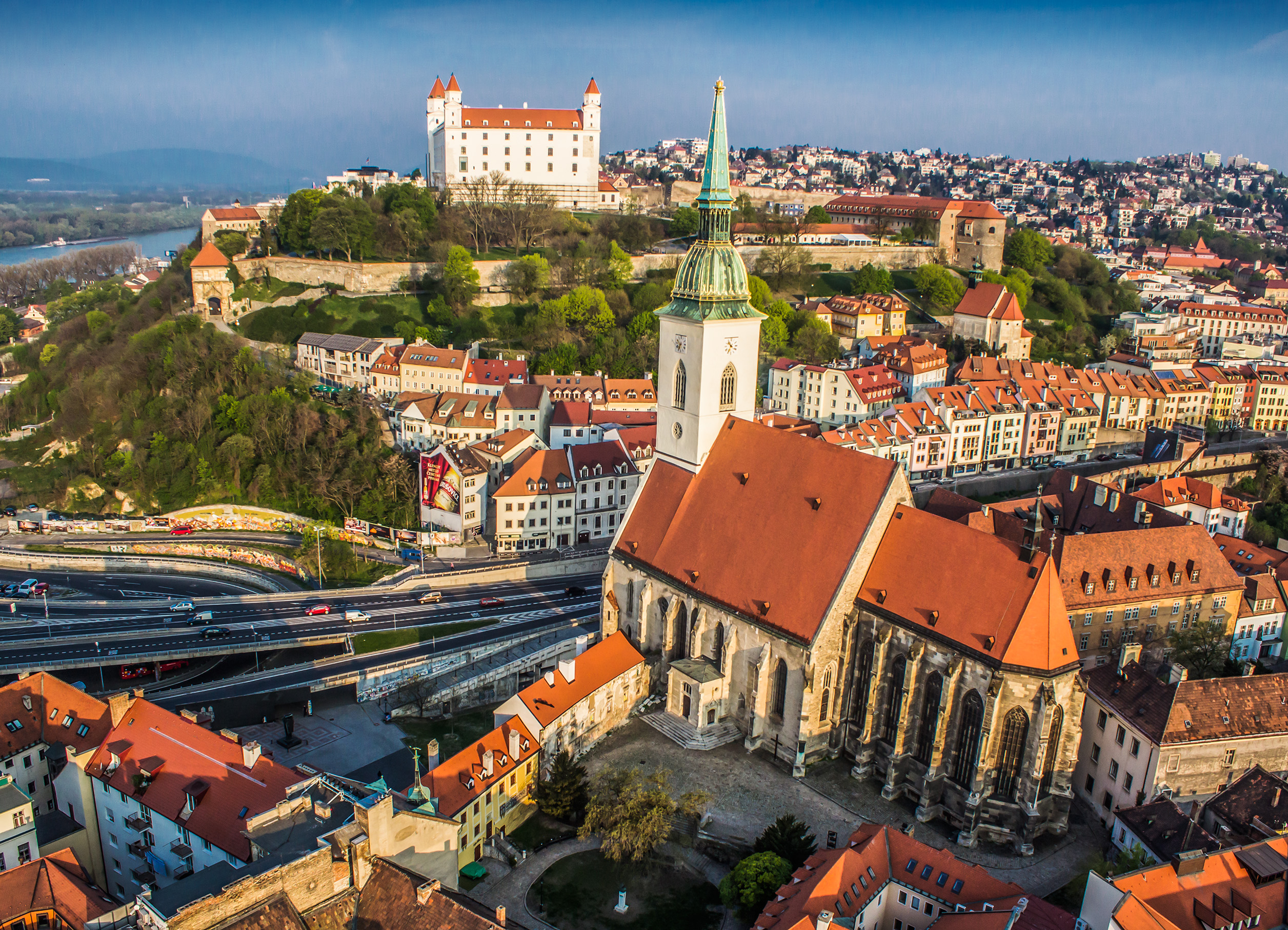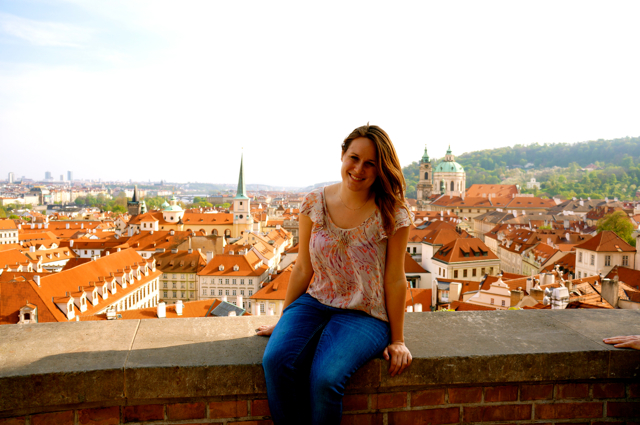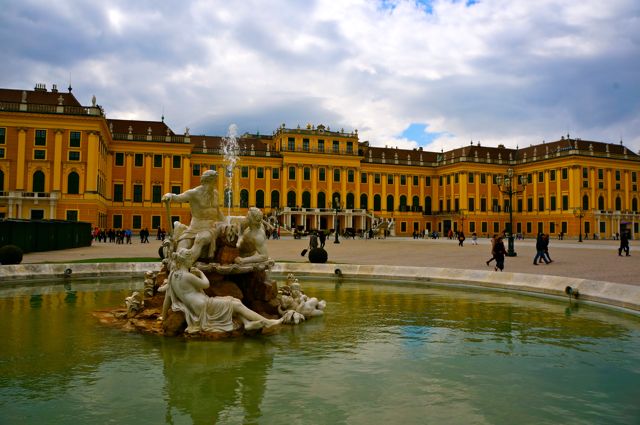Located on the Danube River, reachable within a day from Vienna and Budapest, I found Bratislava to be the biggest hidden gem on my trip to the former Eastern Bloc. Packed full of history and less frequented by tourists, the capital
Out of all the day trips I took while living in Madrid, Campo de Criptana easily stood out as my favorite. This small pueblo, two-hours from Madrid by train in the region of La Mancha, would be largely unremarkable if it
During my last month in Madrid I discovered what would become one of my favorite places in the city – Parque Europa. I learned about this park, which contains replicas of 18 of Europe’s most iconic monuments, from my first and
The Czechs drink more beer than any other nationality in the world. Do I have your attention yet? Ok, but seriously, Prague, the capital of the Czech Republic, is a special place and the reasons why have nothing to do with alcohol. Prague
To visit the Schönbrunn Palace, one of the top attractions in Vienna, Austria, is to learn of the great influence of Maria Theresia, the last ruler of the House of Habsburg and one of the most powerful women the world
There’s no better way to see Europe than by rail. I'm currently making my way through Spain, France and Italy, and train travel is an exciting way to explore the continent. I've found train stations to be located centrally, making arriving in
Kraków, Budapest and Bratislava all have one thing in common; they are living, open-air history museums dedicated to sharing the horrors of World War II and the 20th Century. This is not so in Vienna, though the city was equally affected
When I booked my trip to Vienna many images came to mind – waltzing, opera, schnitzel, Mozart. But I have to admit, world-class art museums was not on the list. And yet, the museum scene in Vienna blew me away. I
Life was terrifying for the majority of Hungarians for the majority of the 20th century. This is the main message of the House of Terror, a museum dedicated to the victims of both the fascist and Communist regimes that occupied the
The Danube, Europe’s second-largest river, cuts through Budapest on its winding journey from Germany through Austria, Hungary, Croatia and more to its eventual terminus in the Black Sea. The river has long played a defining role in the Hungarian capital’s history











